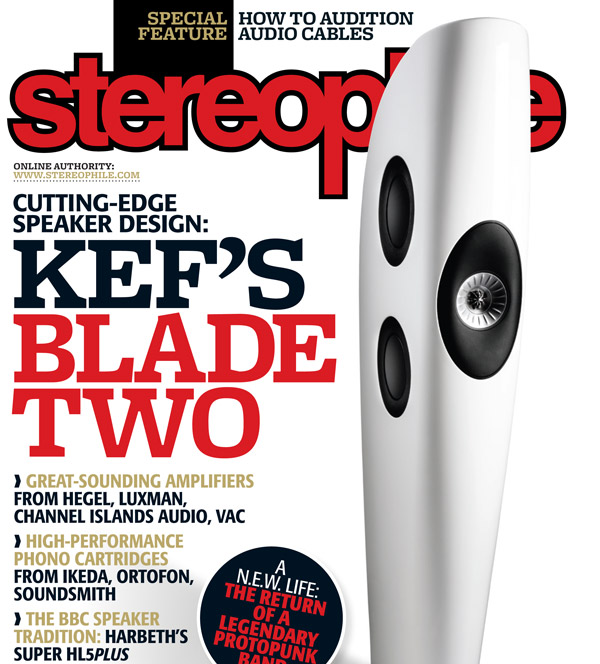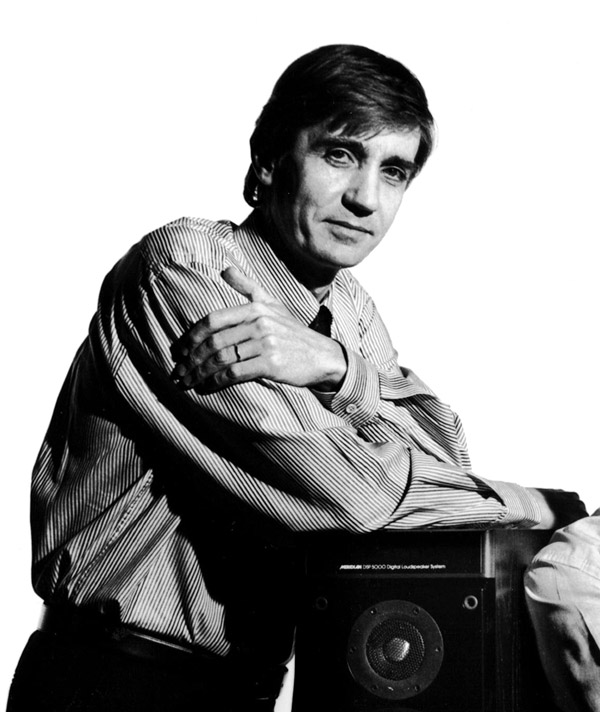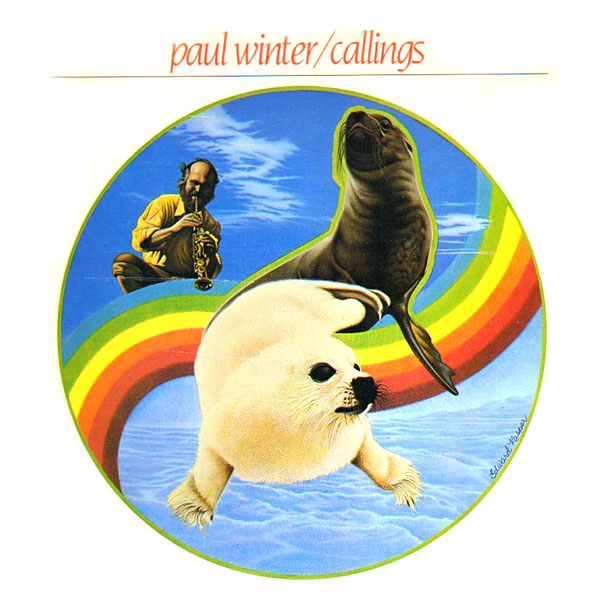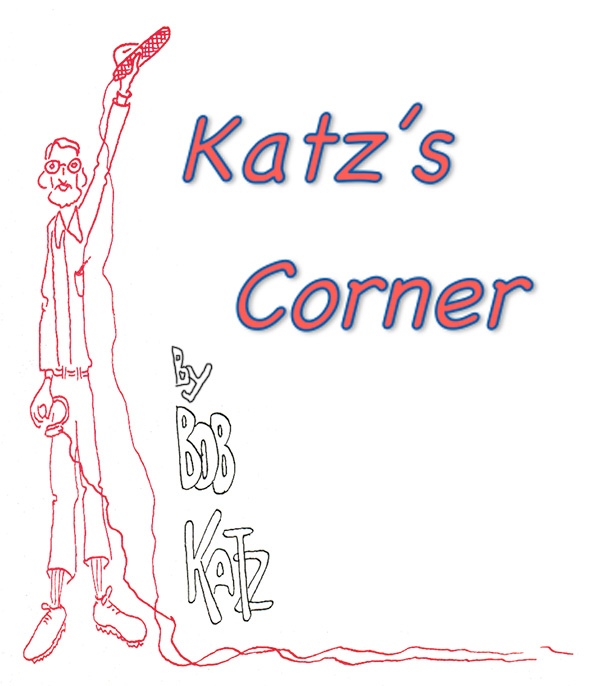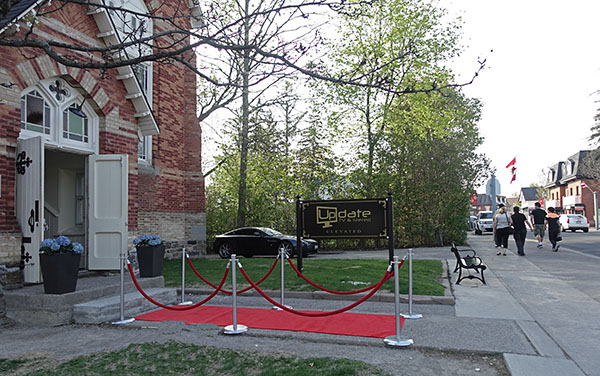LATEST ADDITIONS
Meridian's Bob Stuart
J. Gordon Holt: Meridian in England is called Boothroyd Stuart, right?
Bob Stuart: Yes, the company is called Boothroyd Stuart, Limited, and the trademark is Meridian.
Recording of July 1982: Callings
The Paul Winter Consort: Paul Winter, soprano sax, E-flat contrabass sarrusophone, conch shell; Nancy Rumbel, oboe, English horn, C contrabass sarrusophone, double ocarina; Eugene Friesen, cello; Jim Scott, classical and 12-string guitars; Ted Moore, timpani, surdos, berimbau, caixixi, pao de chuva, ganza, gongs, cymbals, triangles, handbells, whistles; Paul Halley, pipe organ, harpsichord, piano.
Recorded with the 3M Digital System in the Cathedral of St. John the Divine, New York City. Paul Winter, prod., Dixon Van Winkle, Chris Brown, engs. Additional recording by Richard Blakin and Mickey Houlihan. CD mastered by Clete Baker.
Living Music Records LMR-1 (LP). DAA. Living Music Records LD0001 (10488 00012-6) (CD). DAD. TT: 49:42.
It is hard for me to be objective about a record such as this. My very being responds to it, not only to the music but to the ideas and feelings behind it. Fortunately for me, this happens to be an excellent recording, with some extraordinary low end on it, so I need not compromise either my critical faculties or my sentiments.
Katz's Corner: The Great Headphone Shootout - Part 4
On Monday it was raining lions and tigers all day, but four of the faithful eventually arrived, between an hour and two late. Except Mitch Corbin, musician (Suzy Bogguss, David Bromberg, Byron Berline, David Grisman) and project studio owner, arrived early. That was a good thing, because I gave him a solo audition. When the four others arrived, they each had a headphone to check out and shuffle around. Mitch stuck around to learn everyone's reactions and schmooze for the evening, and a wonderful time was had by all.
Update TV & Stereo Elevated: A Year Later
SoulPsychJamRocktastic
Transcriptors Vestigal tonearm
The manufacturer's initial advertisement for their mis-named "Vestigal" arm (footnote 1) was so laced with nonsense that we will admit to having been skeptical about the product from the outset.
Wadia Digimaster 2000 Mk.2 digital processors
 During my reviews of digital processors in the past year or so, I've made comparisons with the Wadia 2000 Digital Decoding Computer first reviewed by Arnis Balgalvis in Vol.13 No.1. I've felt that, as good as the 2000 is, other processorsmany costing less than the 2000's $8500 price tagare now superior.
During my reviews of digital processors in the past year or so, I've made comparisons with the Wadia 2000 Digital Decoding Computer first reviewed by Arnis Balgalvis in Vol.13 No.1. I've felt that, as good as the 2000 is, other processorsmany costing less than the 2000's $8500 price tagare now superior.
However, a visiting Wadia representative looked inside our sample and used the word "ancient" to describe its circuitry in relation to current production. In addition, I was never able to audition the 2000 with a glass fiber-optical interface, standard equipment on Wadia's transports. Similarly, the $2000 Wadia X-32 had undergone a minor circuit revision, including the inclusion of the glass optical input. Consequently, a follow-up of these two excellent processors seemed in order.

